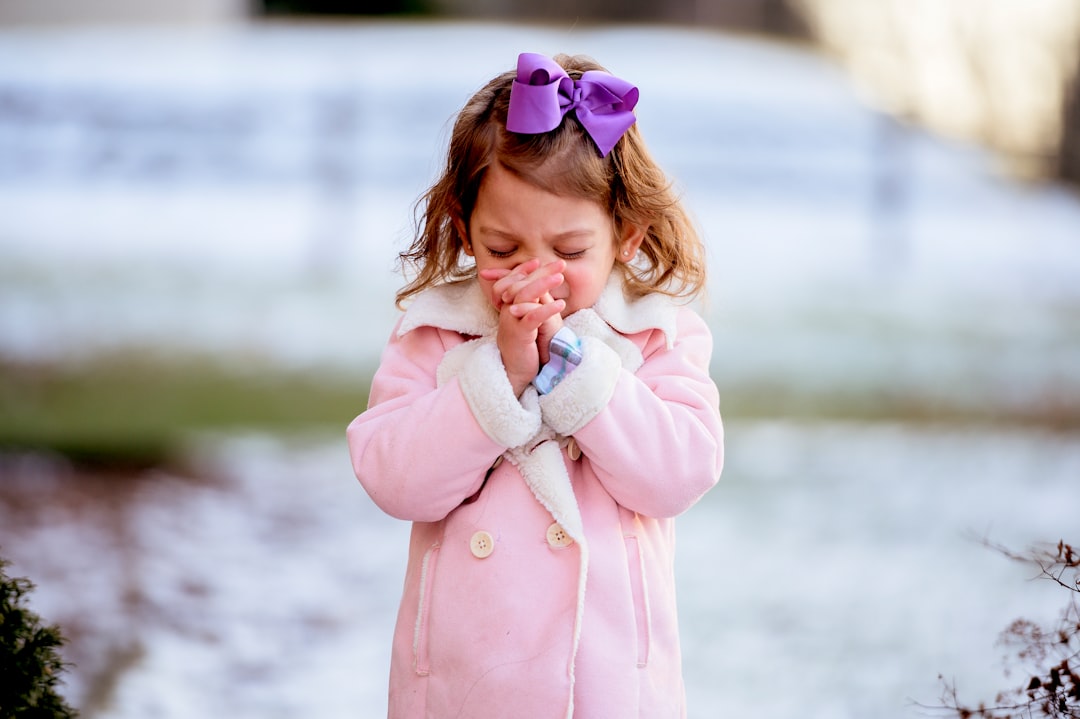Reviewed and fact-checked by Superintendent Pharmacist on 22 April 2024.

Allergic rhinitis (hay fever) is an allergic condition that produces hay fever symptoms which seem similar to having a cold. These include a runny nose, itchy eyes, congestion, sneezing and sinus pressure. Unlike a cold, hay fever is not due to a virus. While hay fever is an allergic reaction to an otherwise harmless outdoor or indoor substance (allergen) that the body mistakenly identifies as threatening.
Some of the most common things that can trigger hay fever symptoms are pollen and dust mites; pet dander – tiny flakes of skin flaked off cats, dogs and other furry or feathery animals – is also an allergen.
Besides making life miserable for you, perennial allergens confer multiple penalties on allergy sufferers. They cause symptoms that make you less effective as a human being, whether at work, at school or at play. Hay fever does not have to drag you down. Avoiding triggers and finding medical treatment that works require knowledge, and here’s how to get it.
Hay fever symptoms include
People with allergic rhinitis typically suffer symptoms when exposed to an allergen like pollen or dust. In the spring, tree and grass pollen are the most common triggers. In the fall, ragweed or other weed pollens and outdoor mould are common allergens.
Symptoms are typically more severe from late March to September, particularly in warm, humid, and windy conditions. At its highest, this is when the pollen count is.
Hay fever can persist for weeks or even months, unlike a cold that typically resolves within 1 to 2 weeks.
The congested nose can result in mouth breathing, while the dripping mucus may lead to persistent cough and sore throat.
Your doctor will inquire about your symptoms, particularly when and where they occur, whether indoors or outdoors. Your doctor will also inquire about your family history of allergies and your personal history of allergy-related conditions, such as eczema, hives, and asthma.
What causes hay fever
If you have hay fever (allergic rhinitis), it's due to your immune system perceiving harmless inhaled pollen or other allergens as dangerous invaders. Your system reacts excessively, causing a flood of chemicals such as histamine and leukotrienes in your bloodstream. These irritate the lining of your nasal passages, sinuses, and eyelids and trigger other symptoms linked to hay fever.
Two types of allergic rhinitis are
Symptoms can occur in spring, summer, and early fall in seasonal cases. Sensitivity to airborne mould spores or pollens from trees, grasses, or weeds usually causes them.
Symptoms of perennial allergies typically occur year-round and triggered by sensitivity to dust mites, pet hair or dander, cockroaches, or mould.
Avoiding triggers
You can control allergies such as hay fever by keeping away from things that make your nose run and your eyes water.
If there’s a lot of pollen in the air, you should stay inside during the busiest time of day, which tends to be just before and during the warmest times of day – late morning and early evening – as this is when plants release the most pollen. Windy days are also especially bad, as the wind will spread pollen around more, so you should stay indoors whenever it’s windy too.
Keep your home and car clean; vacuum and dust often, use air conditioning, and put a pollen filter on the vents of your car, and a HEPA filter on your vacuum cleaner; avoid carpeting and use hardwood or tile floors where possible; keep your windows closed and all external vents shut while driving; newer vehicles sometimes come with a high-efficiency air filtration system.
Photo by Niki Sanders on Unsplash
Treatment of hay fever
It may require multiple attempts to alleviate your symptoms. You should try to avoid triggers as much as possible in the first place. You should follow your doctor's directions and take the medicines they suggest or prescribe. That will assist them in working more effectively.
Corticosteroid nasal sprays. You can use them long-term to treat symptoms such as itching, runny nose, and congestion. Reliefs provided within 12 hours of taking your first dose. Budesonide (Benacort), fluticasone (Pirinase), Beclometasone (Numark Hayfever Relief) and mometasone are available OTC.
Decongestants. These help to shrink the swelling inside your nose that’s causing it to feel blocked. Don’t use nose drops and sprays for more than 5 days. Your nose gets used to them, and your congestion comes back. Your doctor might call this rebound swelling.
Antihistamines. Tablets, nose sprays and eye drops can help with hay fever symptoms of a runny nose, sneezing, itchy eyes and skin. Try cetirizine, fexofenadine or loratadine. Your doctor will usually recommend these over the first-generation versions (technical jargon for the older products) as they are more likely to make you drowsy.
Nasal decongestants. Used to shrink swollen tissue in your nose that makes the nose stuffy, such as pseudoephedrine (Sudafed), phenylephrine (Sudafed), oxymetazoline (Vicks Sinex) and xylometazoline (Otrivine). You shouldn’t use these nose drops and sprays for much longer than 5 days. Once your nose gets used to them, the congestion reappears. Your doctor may have another term for it: rebound swelling.
Frequently Asked Questions
Q: Does hay fever spread from person to person?
A: Hay fever is an allergy, so it is not infectious, but it is possible that moving from one place to another may induce allergic symptoms derived from outdoor allergies because of new risk factors.
Q: How long does hay fever typically last?
A: It depends entirely on your hay fever. Some people have a few days or weeks’ sneezing and eye-itching before the allergy dies down. Others have a more profound reaction that can last much longer, months even. How long you react to pollen in the season will depend how often the pollen is there for your immune system to react to. If there isn’t a lot around, you won’t get a reaction.
A related factor in duration of hay fever is air quality. Better air quality reduces prevalence of hay fever and reduces prevalence of sinusitis.
Q: How can I prevent flare-ups of my allergy symptoms?
A: Steer clear of smears that will initiate your symptoms, such as cat fur or pollen.
Q: Do saline rinses work?
A: Yes, by relieving congestion and by flushing out the allergen and excess mucus from your nose under gentle pressure (Sterimar) from a squeeze bottle or bulb-sized Neti pot. If you make your own saline mixture, use distilled, sterilised or boiled water, and rinse (and sterilise) the bottle or Neti pot with purified water after each use and let them air dry.
Q: Which herbal remedy can help?
A: There is limited data to make a sound recommendation regarding these products.

